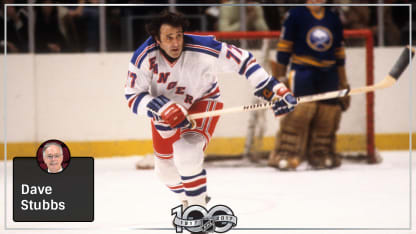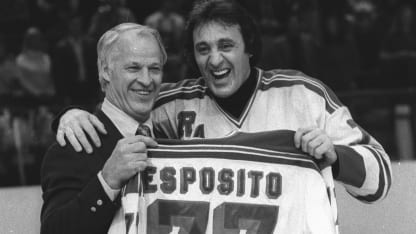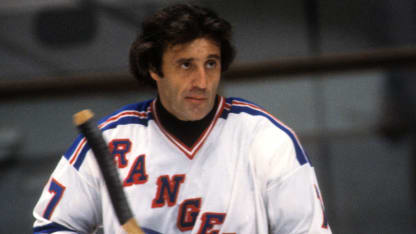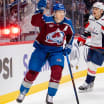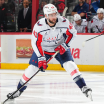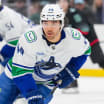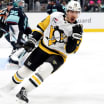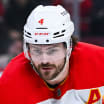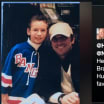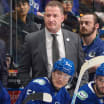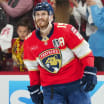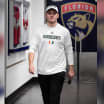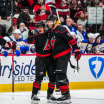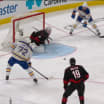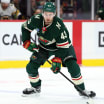He picked up a penalty at 14:35 of the third period, whistled by referee Ron Hoggarth.
"It was kind of a stupid, chintzy penalty," Esposito recalled. "I was getting away with murder that game and I knew it. I didn't think they'd call anything. When they did, I'm skating to the box and I'm saying, 'Hogie, c'mon … you're giving me a penalty now?' and he says, 'I should have given you five already.' We both laughed.
"What I remember mostly about the game was in the last 10 seconds, I had the puck in the slot, right there, I had goalie Don Edwards beat, and Mike Ramsay dove and stopped the puck with his glove. I remember that because I'd have had a goal with my two assists that night."
Gently told he had just a single assist, Esposito replied, "Really? Well, I don't remember things like that. I don't give a [hoot]."
His work as an assistant coach for Patrick didn't last long.
"No fun," said Esposito, who would move on to establish and run the Tampa Bay Lightning, work as a broadcaster and set himself up in a variety of businesses in Florida.
"I mean, when you can't yell at the refs any more, it's time to get away from the ice."
